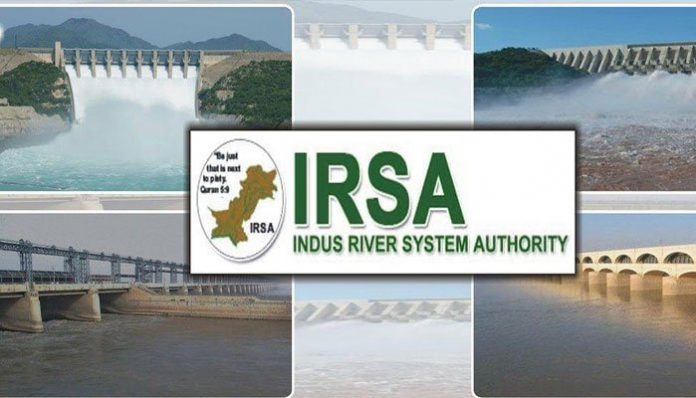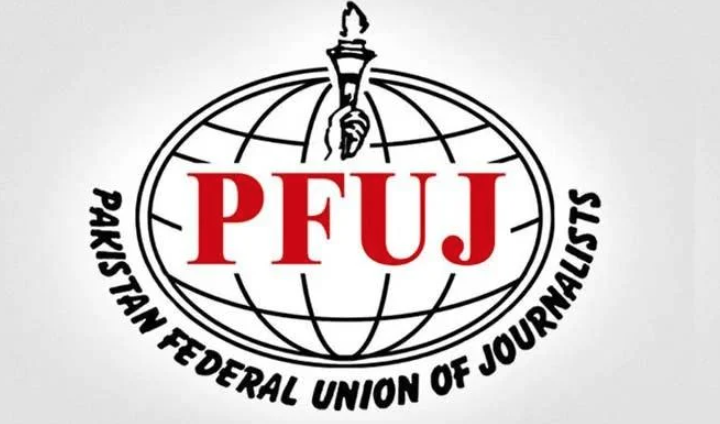LEGAL

Water shortages in Sindh have escalated to 46%, despite IRSA’s (Indus River System Authority) declaration of zero water shortage since May 1, 2025. The water shortage continues to heavily affect crucial areas like Kotri Barrage and Sukkur Barrage, with the shortage at Kotri reaching 61% and Sukkur at 33%.
A significant portion of the water demand for Sindh’s agricultural needs remains unmet, with Guddu Barrage still facing major water distribution issues. Despite previous promises of increased water releases, four canals at Guddu Barrage have been left dry, unable to receive any water, even as the season progresses.
The water situation is worsened by a 34% shortage in Khairpur West and 25% in Khairpur East, with other areas like New Phali and Akram Wah seeing shortages as severe as 75% and 72%, respectively. The situation paints a grim picture for farmers and the agriculture sector in Sindh, who depend on a stable water supply during the Kharif season.
Recent Developments:
In terms of storage, Mangla Dam currently holds 82.7 feet of water, with an inflow of 48,685 cusecs. Tarbela Dam is similarly progressing, with 30.04 feet of storage and an inflow of 63,000 cusecs. These efforts to fill the country’s dams have not been sufficient to meet the water needs of all provinces.
On a more positive note, Punjab has opened the Greater Thal Canal after Taunsa Panjnad Link Canal operations, and water from Chashma Barrage has been allocated to both Punjab and Sindh. However, Punjab continues to draw water from these resources, which remains a point of contention among stakeholders.
IRSA's Statement:
IRSA spokesperson, Khalid Rana, addressed concerns over the water crisis, stating that the May 1 declaration to supply water without cuts has been fulfilled. He highlighted that 60,000 cusecs of water were allocated to Sindh and 84,000 cusecs to Punjab. He also noted that the flow to Sindh would reach Guddu in the next 7 to 8 days.
The IRSA advisory committee is set to meet on May 5, 2025, to discuss water distribution for the remaining Kharif season (May to September). However, a previous meeting scheduled for April 25 was postponed by 10 days.
Looking Forward:
The ongoing crisis has left many concerned about the long-term viability of water distribution systems in Pakistan. IRSA has committed to addressing the situation in the upcoming meeting, but it remains to be seen if these steps will be enough to avert further agricultural losses in Sindh.




